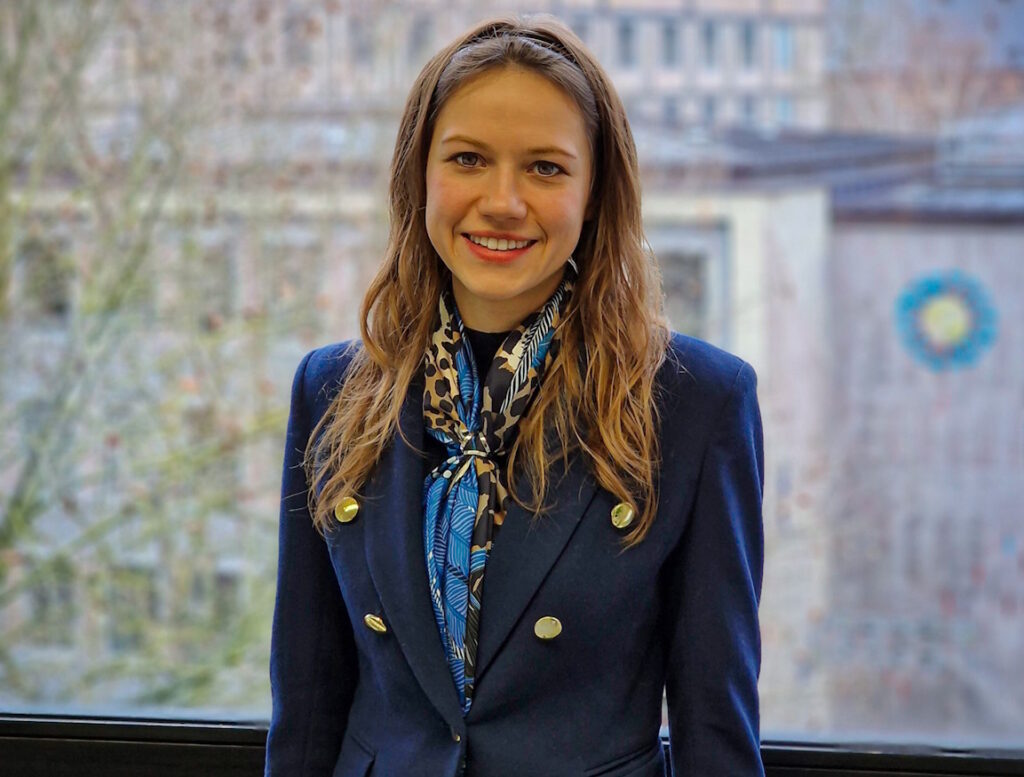Keynotes, (Short) Talks
We offer inspiring presentations on a variety of topics - in either German or English. You will find examples below. We are happy to consider individual requests and adapt our presentations to your target group or related topics.
Whether you are a public institution, ministry, school or company - our lectures are tailored to your needs. They combine scientific depth with a clear, accessible presentation, providing valuable insights that are both academically sound and practically relevant.
A behavioral economic perspective on AI
- Human-machine interaction
- Decision-making with technology support
- Technology acceptance vs. aversion
- Bias and fairness in AI systems


Artificial intelligence: Economic and social implications for the future
- Concept: Machine learning
- Opportunities and risks of using AI
- Acceptance of AI systems
- Structural transformation in the workplace
The path into academia
- Pathways to an academic career
- Strategies and challenges
- Research, teaching, networks
- Work-life balance in academia

Past Talks




